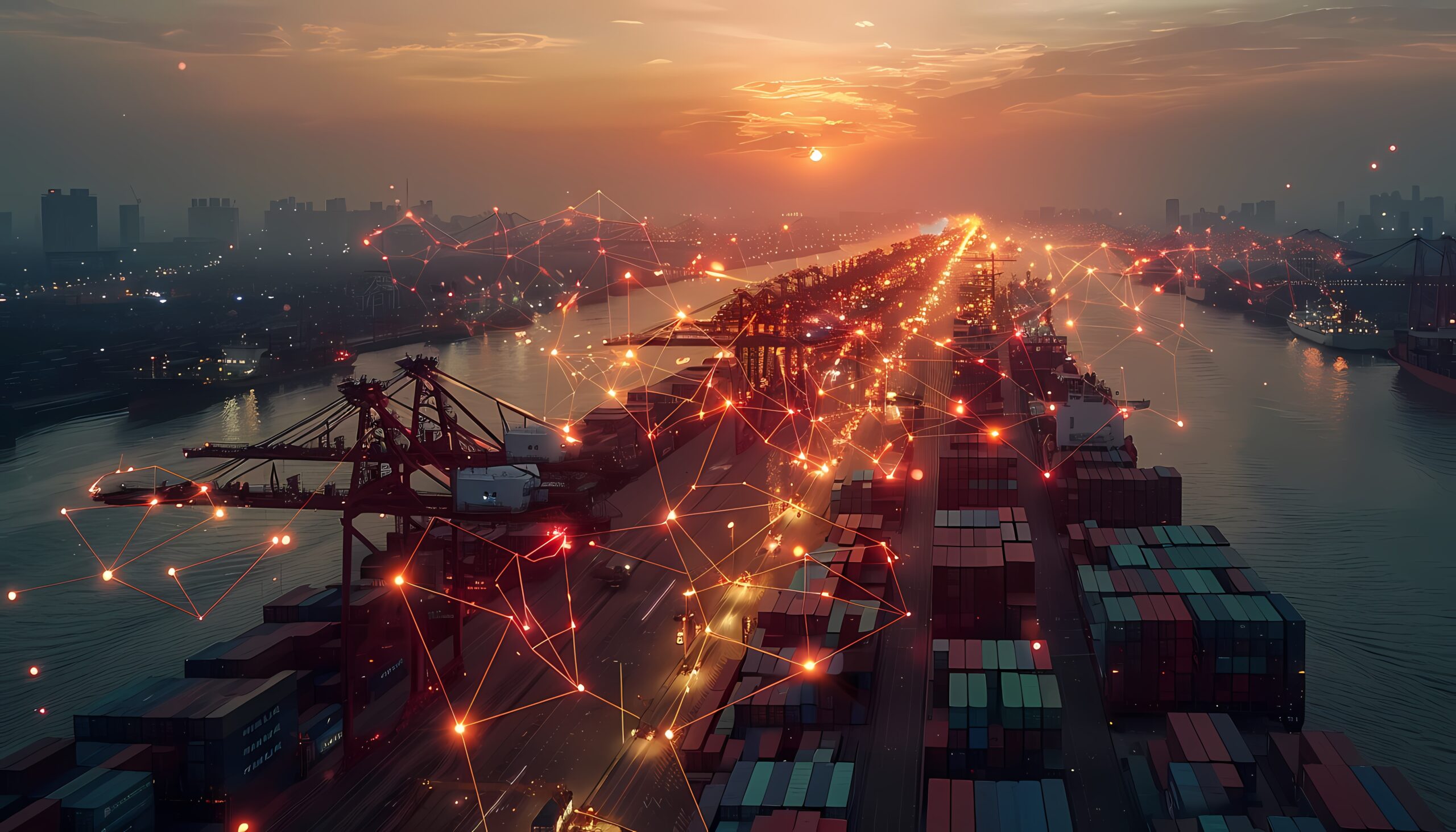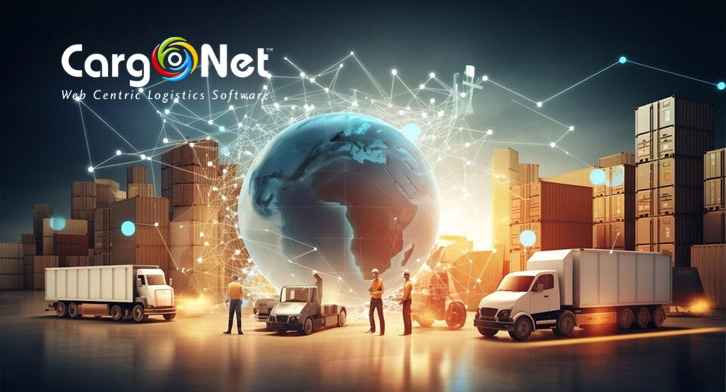Artificial Intelligence (AI) is revolutionizing the logistics industry, bringing unprecedented efficiencies and innovations to freight forwarding operations. As global trade becomes more complex and demand for faster, more reliable services increases, AI is stepping in to transform how freight forwarding companies operate. Here’s an in-depth look at the role of AI in this transformation.
Overview of AI Applications in Logistics
AI is being applied across various logistics and freight forwarding processes, helping companies automate routine tasks, improve decision-making, and enhance customer experiences. Some key applications include:
1. Predictive Analytics: AI-driven predictive models help forecast demand, anticipate disruptions, and optimize inventory levels. By analyzing historical data and market trends, AI can predict future shipment volumes and guide companies in resource planning.
2. Route Optimization: AI algorithms analyze multiple factors, such as weather conditions, traffic patterns, and fuel costs, to suggest the most efficient routes for shipments. This not only reduces transit times but also lowers operational costs.
3. Automated Documentation: Natural Language Processing (NLP) technology is used to automate the processing of invoices, bills of lading, and customs documents. This reduces manual errors and accelerates the documentation process, ensuring compliance with international regulations.
4. Cargo Management: AI helps in load optimization by analyzing cargo dimensions, weight, and destination to maximize the use of available space. This minimizes the number of trips needed, leading to cost savings and reduced environmental impact.
5. Customer Service Automation: AI-powered chatbots and virtual assistants are being used to handle customer inquiries, track shipments, and provide real-time updates. This improves customer satisfaction by providing instant, 24/7 support.
6. Risk Management: AI can assess risks related to weather, geopolitical factors, and market fluctuations to alert companies about potential disruptions. It helps in making proactive decisions to mitigate risks, such as rerouting shipments or adjusting delivery schedules.
How AI is Reshaping Freight Forwarding Operations
AI is not just enhancing existing processes; it is fundamentally changing how freight forwarding companies operate. Here’s how:
1. Enhanced Decision-Making: AI provides data-driven insights that empower companies to make better, faster decisions. From choosing optimal shipping routes to managing inventory levels, AI-driven analytics ensure that every decision is backed by data.
2. Improved Efficiency and Speed: By automating routine tasks like documentation and shipment tracking, AI frees up human resources for more strategic activities. This speeds up the entire freight forwarding process, leading to quicker deliveries and better service levels.
3. Personalized Customer Experiences: AI allows for the personalization of services, such as providing tailored shipping options or proactive notifications about shipment delays. This level of customization builds stronger customer relationships and loyalty.
4. Scalability and Flexibility: AI enables freight forwarding companies to scale their operations more efficiently. By automating tasks and optimizing resources, companies can handle higher volumes of shipments without a proportional increase in costs.
5. Sustainability and Cost Reduction: AI-driven route optimization and cargo management reduce fuel consumption and emissions. This not only helps companies cut costs but also aligns with global sustainability goals.
Benefits of Adopting AI in Logistics
1. Increased Operational Efficiency: AI automates time-consuming tasks, reducing manual effort and minimizing errors. This leads to faster and more efficient operations across the supply chain.
2. Cost Savings: By optimizing routes, managing fuel consumption, and automating processes, AI significantly reduces operational costs. This makes it easier for companies to offer competitive pricing and improve profitability.
3. Better Decision-Making: AI provides real-time data analytics, enabling companies to make informed decisions quickly. This agility is crucial in a dynamic logistics environment where conditions can change rapidly.
4. Enhanced Customer Satisfaction: AI enables proactive customer service through real-time shipment tracking, instant support via chatbots, and personalized service recommendations. Satisfied customers are more likely to return and recommend the service to others.
5. Proactive Risk Management: AI’s ability to predict potential disruptions allows companies to take preventive actions, reducing the impact of unforeseen events like natural disasters, strikes, or political unrest.
Challenges of Adopting AI in Logistics
1. High Initial Investment: Implementing AI solutions can be costly due to the need for specialized software, hardware, and expertise. Smaller companies may struggle to justify the investment.
2.Data Quality and Integration: Implementing AI solutions can be costly due to the need for specialized software, hardware, and expertise. Smaller companies may struggle to justify the investment.
3. Skill Gap: There is a shortage of professionals with the skills needed to implement and manage AI systems. This talent gap can slow down the adoption of AI in the logistics sector.
4. Change Management: Implementing AI requires a shift in traditional workflows and employee roles. Resistance to change and the need for retraining can pose significant challenges.
5. Security and Privacy Concerns: AI systems handle large volumes of sensitive data. Ensuring data security and compliance with privacy regulations is critical to prevent data breaches and maintain customer trust.
Conclusion
AI is transforming the freight forwarding industry by driving efficiencies, reducing costs, and enhancing customer experiences. While there are challenges in adopting AI, the long-term benefits far outweigh the initial hurdles. For freight forwarders looking to stay competitive in a rapidly evolving market, investing in AI technologies is not just an option—it’s a necessity.










